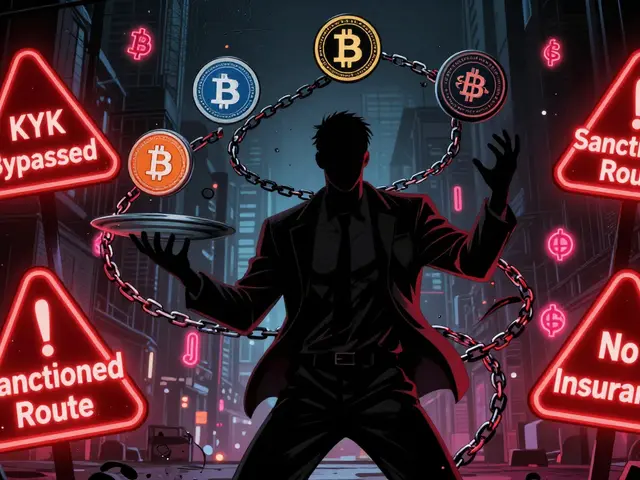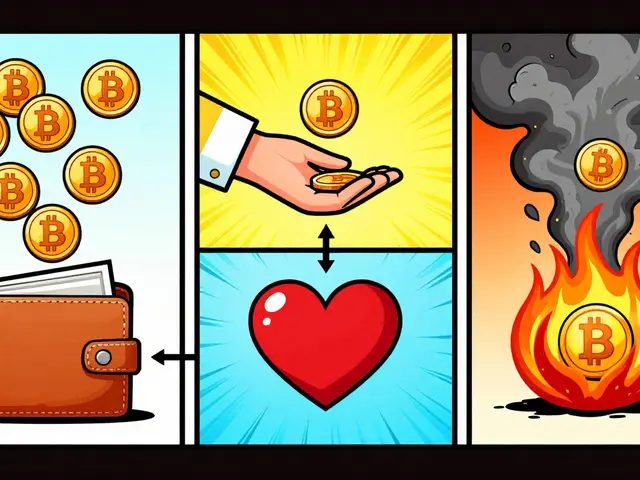Play-to-Earn: How Games, Tokens, and Airdrops Create Real Value
When talking about Play-to-Earn, a model where players earn crypto rewards while gaming. Also known as P2E, it blends entertainment with financial incentives, turning time spent in game worlds into measurable income.
One core pillar of the Play-to-Earn ecosystem is the airdrop, free token distributions meant to bootstrap new projects and reward early adopters. Airdrops supply liquidity, spark community growth, and often act as the first step toward a sustainable in‑game economy. Another essential piece is the NFT, non‑fungible tokens that represent unique in‑game assets like avatars, skins, or virtual land. NFTs boost player ownership, enable real‑world trading, and give developers a steady revenue stream through royalties.
Why Tokenomics, DeFi, and Community Matter
Every Play-to-Earn title needs solid tokenomics – the rules that govern supply, distribution, and utility of its native coin. Good tokenomics align player incentives with long‑term platform health, making sure earnings don’t evaporate after the initial hype. Coupled with DeFi tools such as staking, yield farms, and liquidity pools, token holders can put earned coins to work, earning extra returns without leaving the game. Community governance also plays a role: voting on updates or treasury use lets players steer the future, turning a simple pastime into a participatory economy.
Putting these pieces together creates a feedback loop: airdrops spark interest, NFTs lock value, tokenomics guide growth, and DeFi amplifies earnings. This loop is why many of the articles below dive deep into a specific token drop, dissect a game’s token model, or test a new Polygon DEX for NFT trading. Whether you’re hunting the next RatCoin airdrop or trying to gauge the risk of a niche meat‑themed token, the same principles apply.
Ready to see real examples? The collection that follows breaks down airdrop mechanics, reviews high‑risk gaming tokens, and compares DEX platforms that power Play-to-Earn markets. Use these insights to spot legitimate opportunities, avoid scams, and build a balanced portfolio of in‑game assets.









